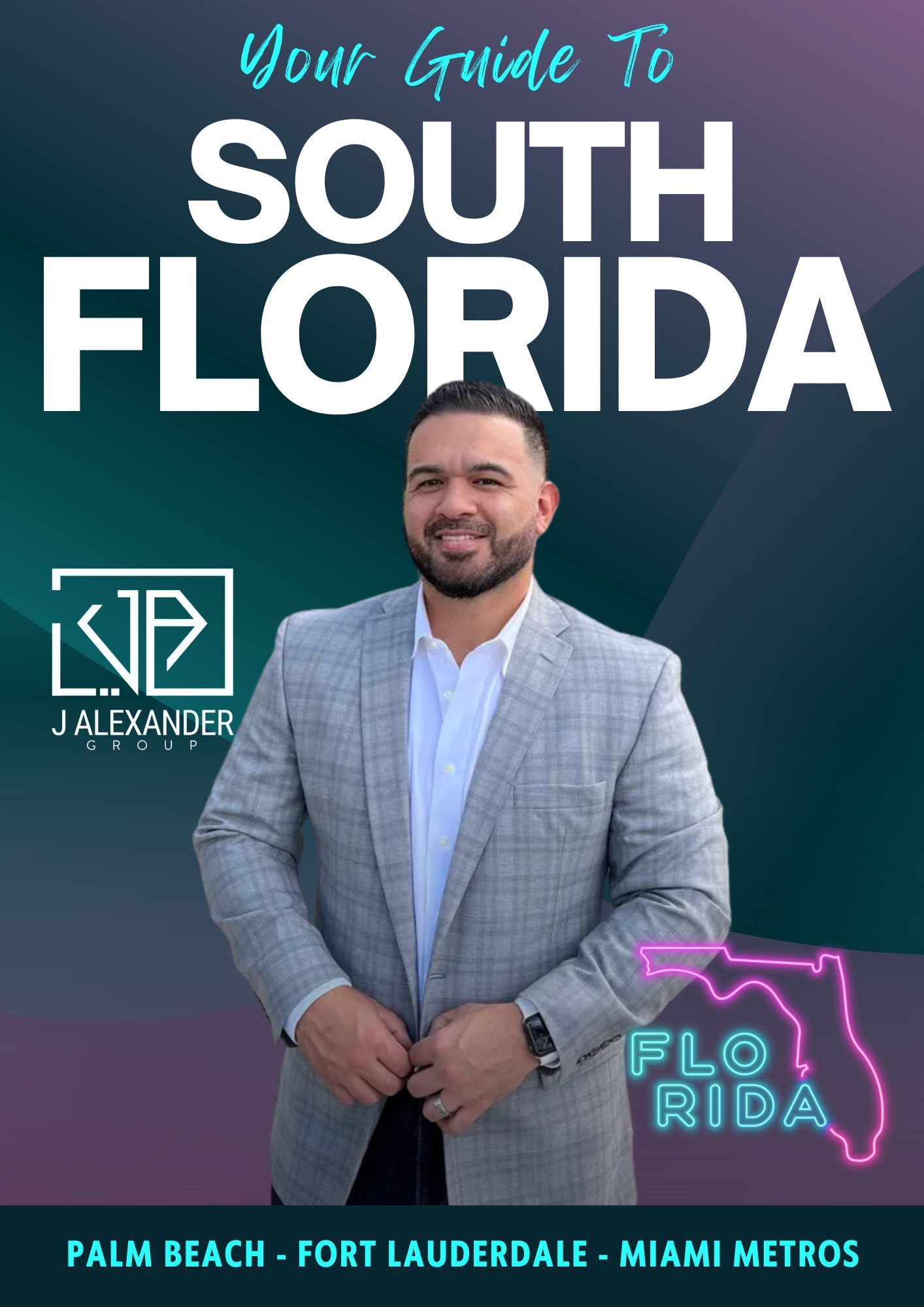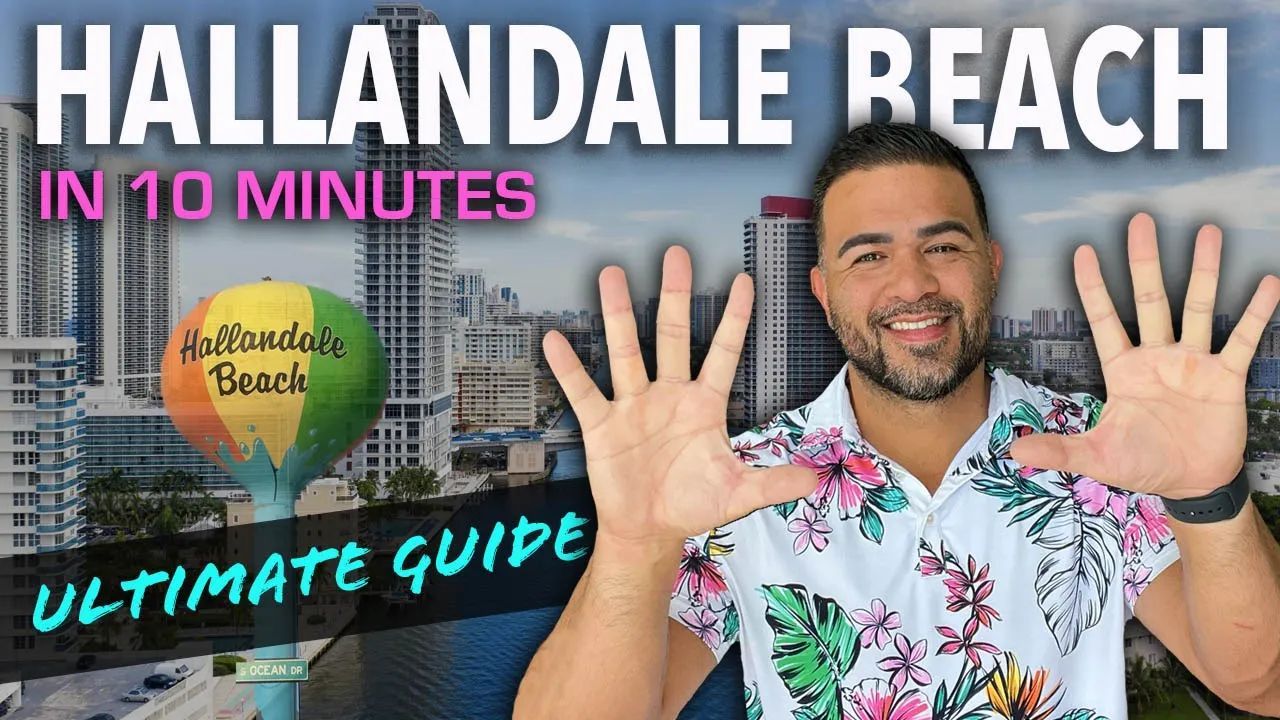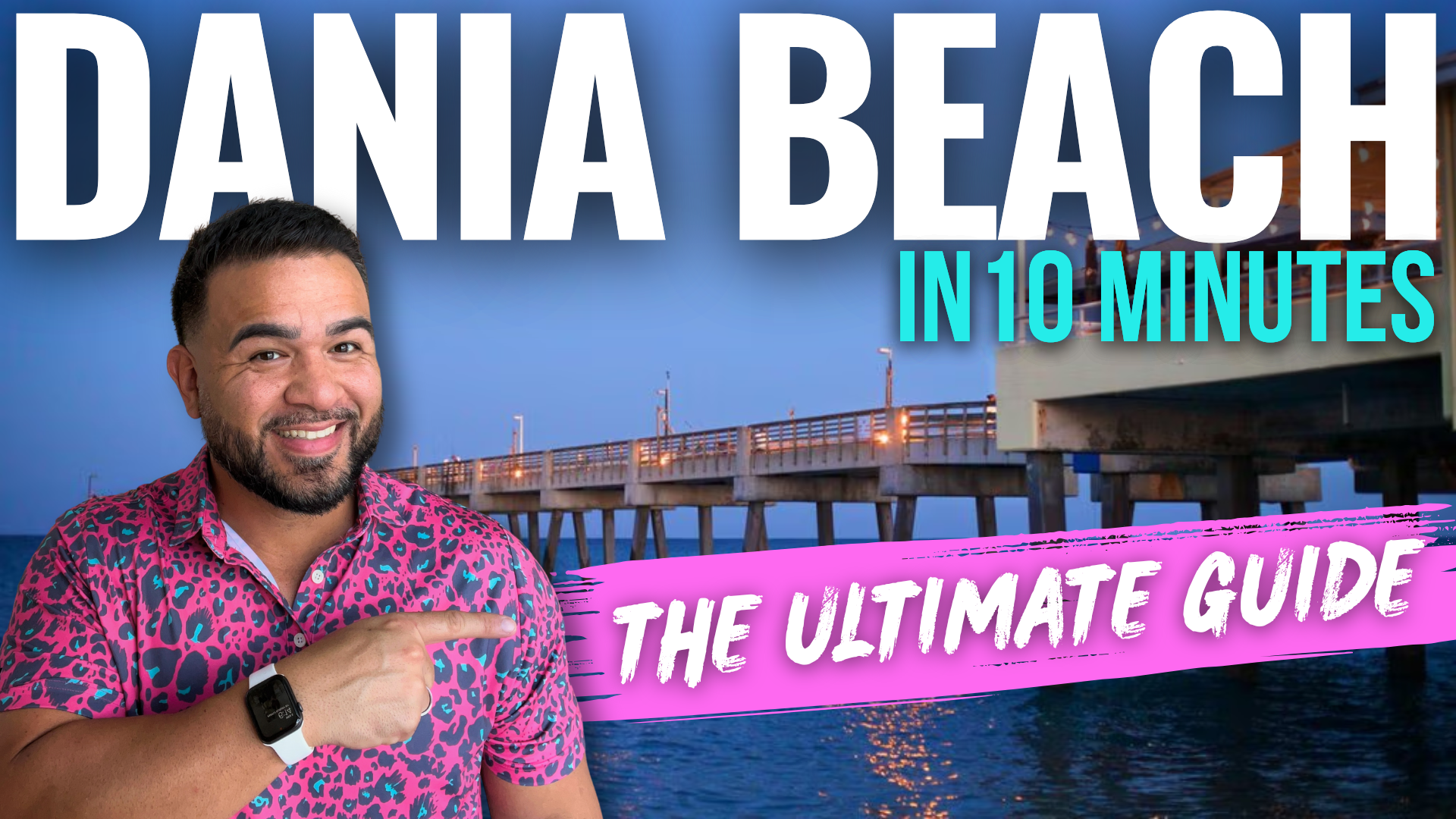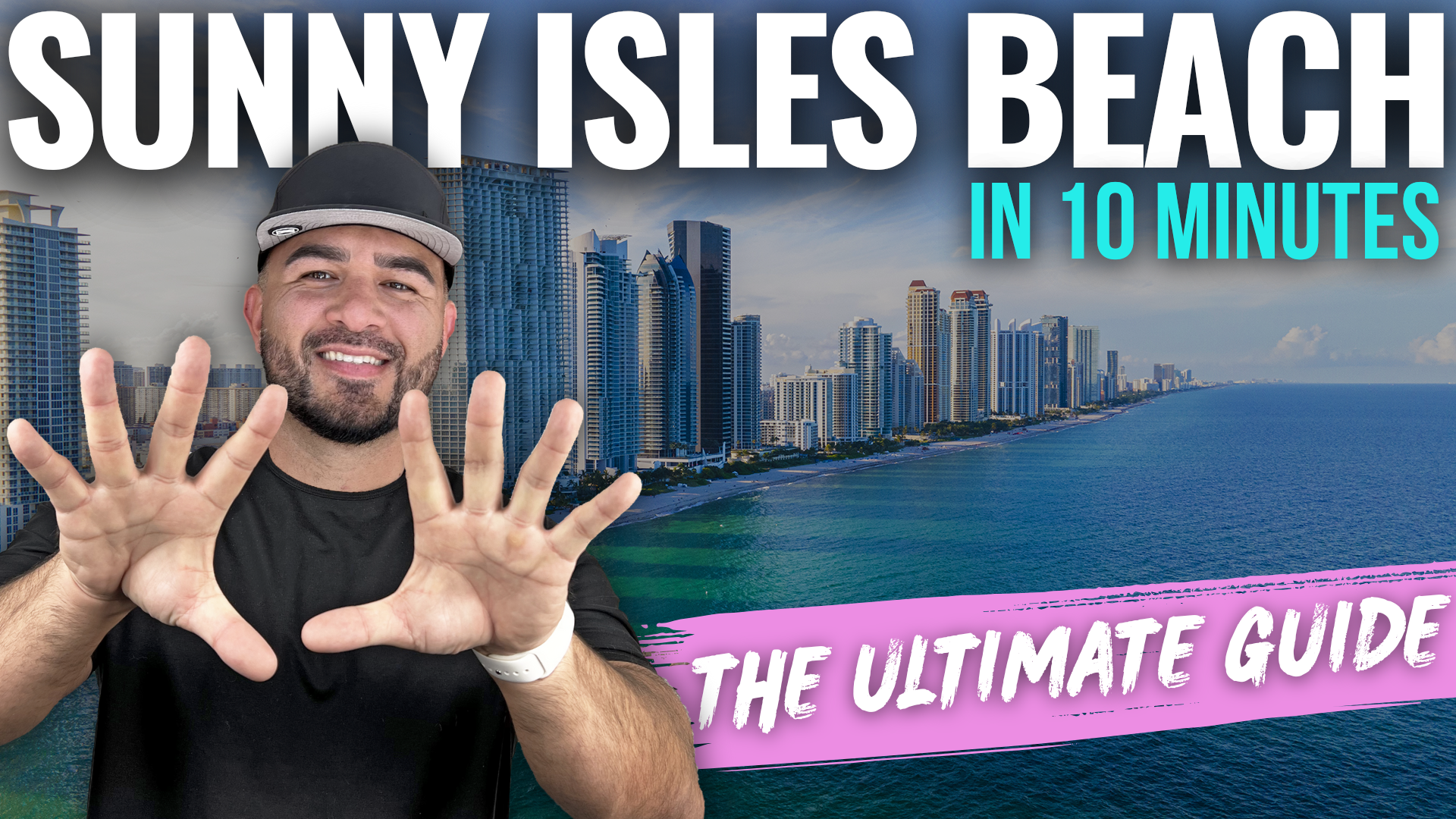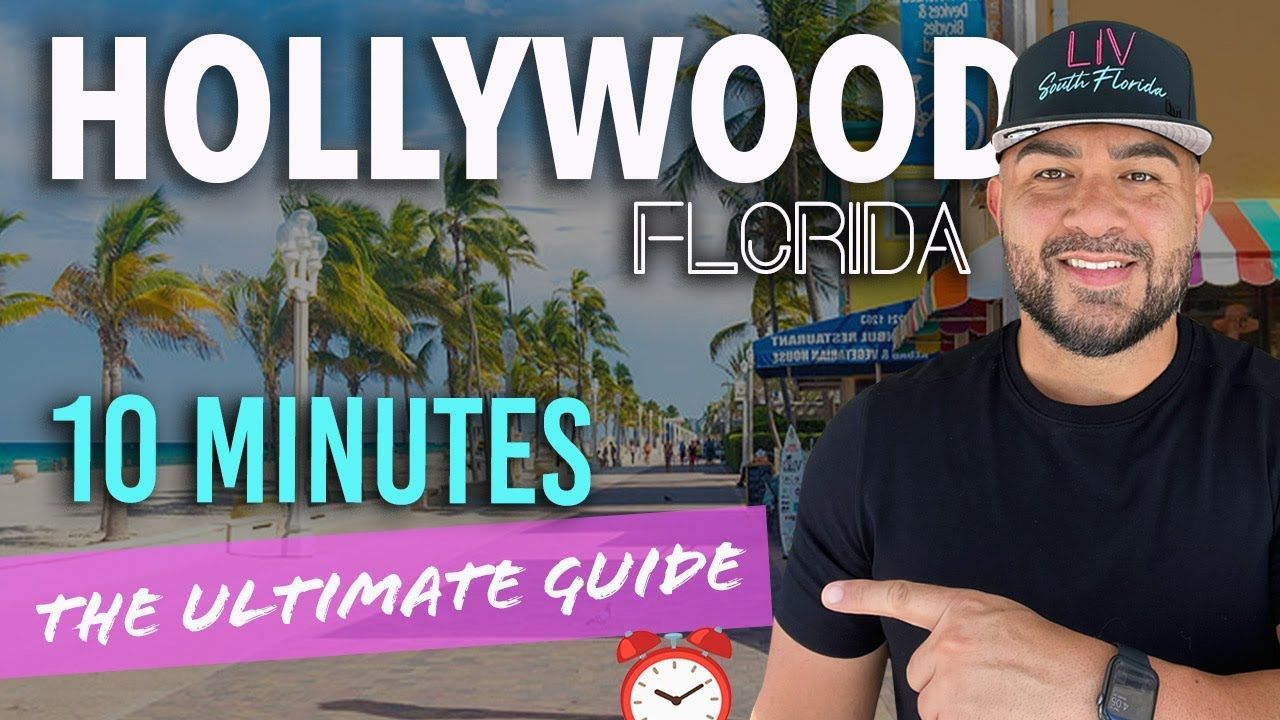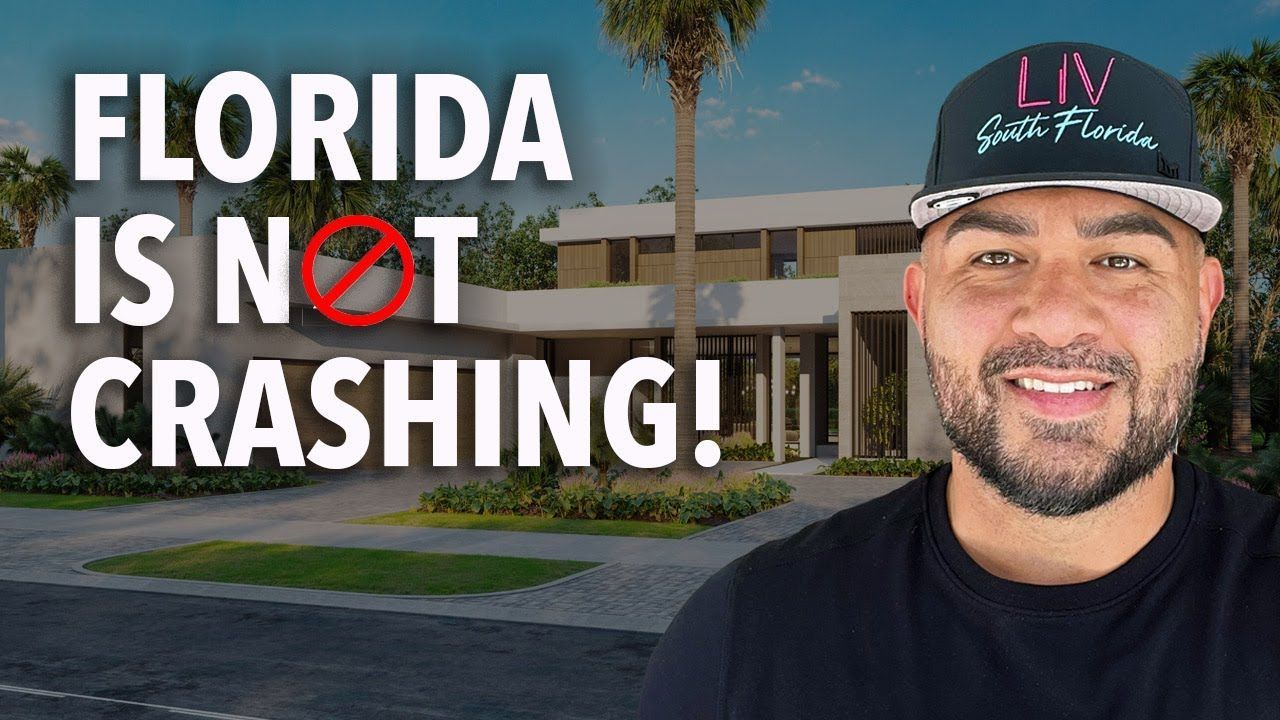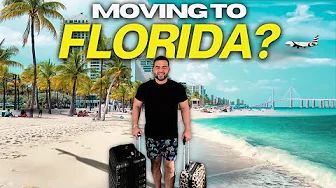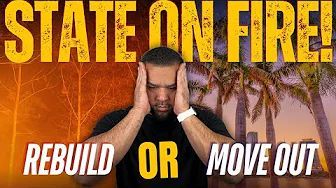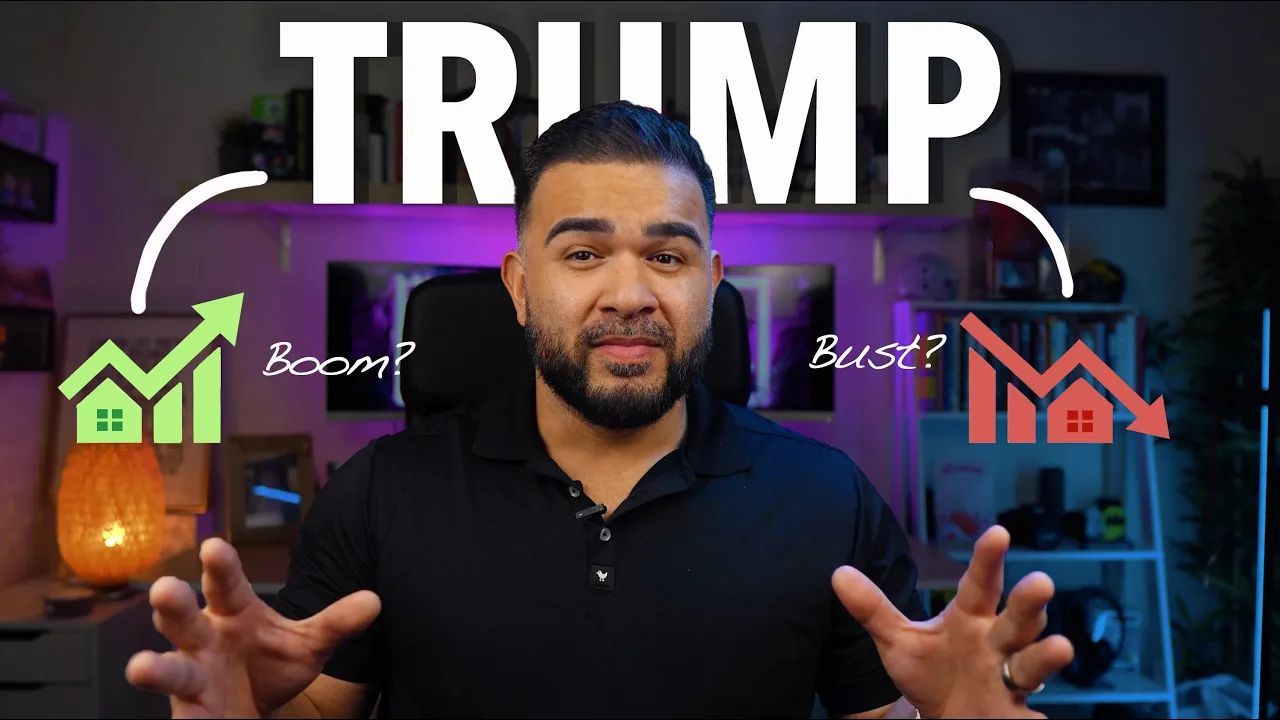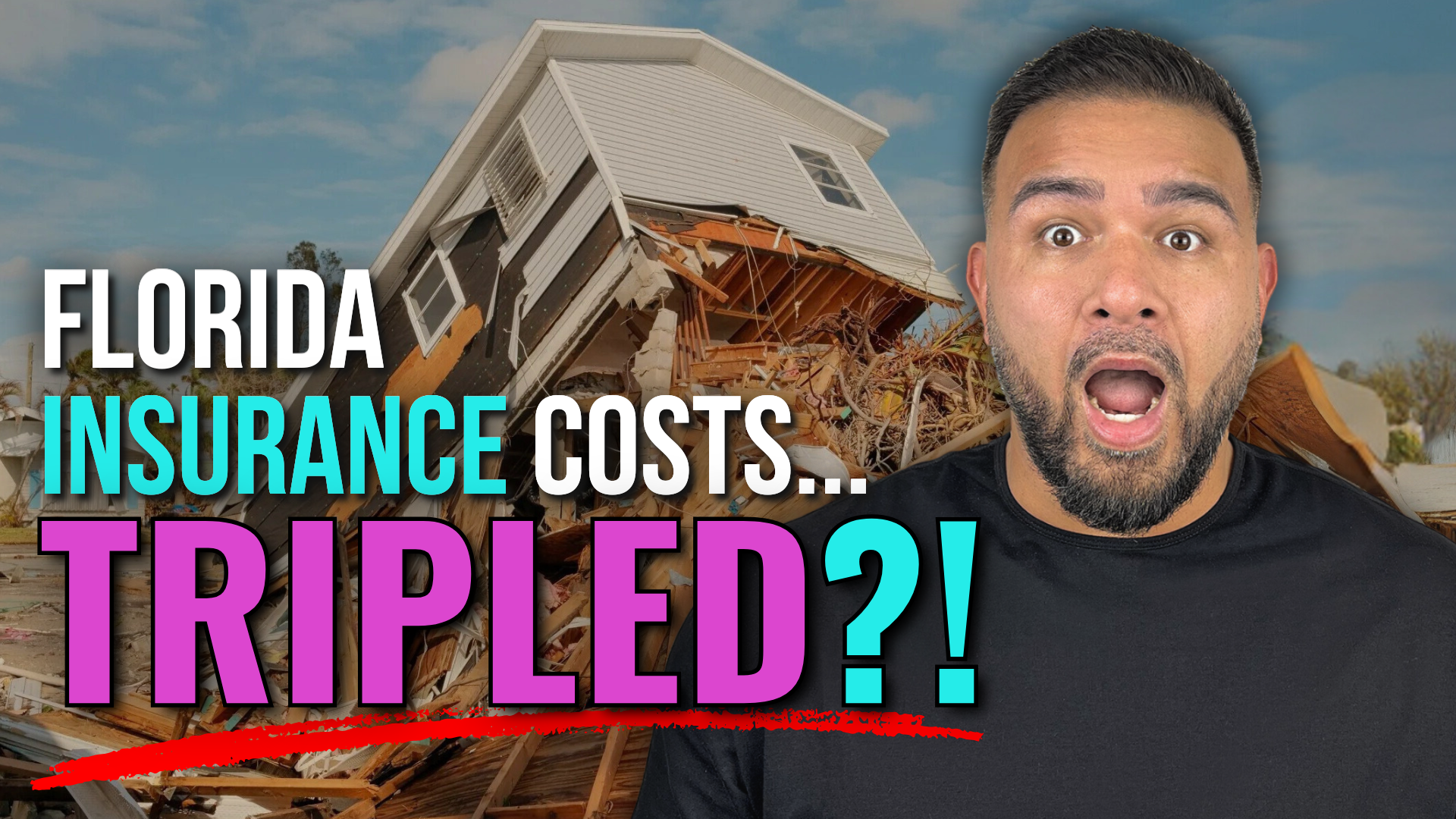Florida Condo's Market Crisis: Understanding the New Laws and Their Impact
The Florida condo market crisis is an issue affecting over 1.5 million Floridians. Recent changes in condo laws have sent fees skyrocketing and left many condo owners questioning their ability to afford their homes. This situation marks one of the most significant shifts in Florida real estate in decades, impacting everyone from long-term residents to first-time home buyers. In this blog, we’ll break down what these new laws entail, how they came to be, and what you need to know if you own or plan to buy a condo in South Florida.
Table of Contents
- Why Did Florida's Condo Laws Change?
- What Do These New Laws Require?
- The Financial Fallout: Special Assessments and Skyrocketing Fees
- Evacuations and the Condo Shuffle
- What’s Going on in the Real Estate Market?
- Governor DeSantis Steps In: What’s Being Done to Help?
- The Challenges Ahead: Special Session or Not?
- What’s Next for Florida Condo Owners?
- FAQ
Why Did Florida's Condo Laws Change?
Let’s take it back to 2021. If you’re a condo owner in Florida, you probably remember that year for all the wrong reasons. It was the year when Champlain Towers South in Surfside tragically collapsed. The entire country was stunned, and right here in Florida, we felt it deeply—98 people lost their lives in what was supposed to be their safe home. It was a true wake-up call.
As the investigations unfolded, it became clear that this wasn’t some freak accident. The building didn’t just fall out of the blue—it was the result of years of neglect. We’re talking about deferred maintenance that kept getting pushed to the back burner, serious structural problems that weren’t addressed, and a lack of proper safety protocols. Basically, corners were cut, and the consequences were devastating.
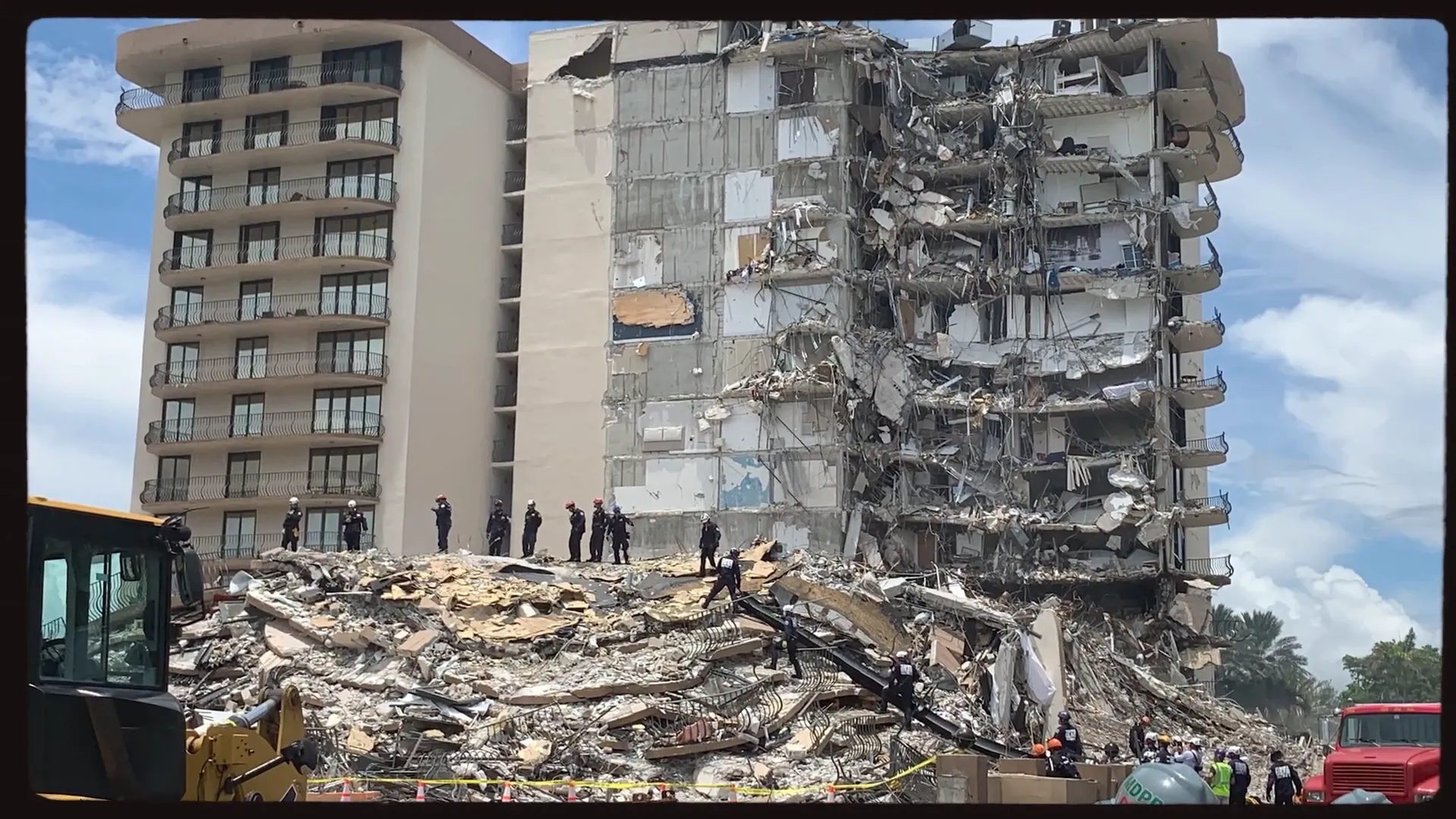
This is when Florida lawmakers jumped into action. They knew something had to change—fast. So, they passed a set of new condo safety laws aimed at ensuring nothing like this ever happens again. According to an article in The Palm Beach Post , these laws, namely SB 4-D and SB 154, were introduced to tighten up building safety. These new laws focus on two main things.
First, any condo that’s 30 years old or more (and three stories high) has to go through regular structural inspections—no more “we’ll deal with it later” attitude. Second, condo associations are now required to keep enough money in their reserves to cover big repairs when they come up. No more deferring maintenance just because the budget’s tight.
On paper, all of this sounds great, right? Who wouldn’t want their building to be safer? But here’s the catch—these laws come with some serious costs. And that’s where things start to get messy, especially for condo owners who are retired or living on a fixed income. We’ll dive into how this is hitting people’s wallets hard in just a bit. Stay tuned because it’s a lot to unpack!
What Do These New Laws Require?
Under the new regulations, any condo building that is 30 years old or older and three stories or higher must undergo regular structural inspections. These inspections are crucial for identifying issues that could compromise the safety of residents. Additionally, condo associations are now required to maintain sufficient reserve funds to cover significant repairs, eliminating the previous flexibility to waive these contributions.
Milestone Inspections
These structural milestone inspections are mandatory and must be completed within specific timelines. If significant structural issues are found, associations must address them promptly.
Reserve Fund Requirements
Condo associations can no longer defer maintenance due to tight budgets. They must ensure that adequate funds are available for repairs, which means that if a major repair is needed, the cost will likely fall on the condo owners through special assessments.
The Financial Fallout: Special Assessments and Skyrocketing Fees
Alright, here’s where things start to get messy. All these inspections and repairs? They cost big money, and guess who’s footing the bill? That’s right—the condo owners.
Let me give you an example. Over at the Villa Del Sol condo complex in St. Lucie County, the repair costs came out to a whopping $9.2 million. For the owners, that meant around $173,000 each! I don’t know about you, but most folks don’t just have $173K lying around, especially if you’re retired or living on a fixed income. It’s pretty much a financial nightmare.
And Villa Del Sol isn’t the only place feeling the squeeze. All over Florida, condo owners are getting hit with these massive special assessments—which are basically one-time charges that the condo association slaps on you to cover unexpected repairs. We’re talking tens of thousands, and in some cases, even hundreds of thousands of dollars. Ouch.
But wait, it gets worse. Even your regular monthly fees—those HOA fees you pay to keep the building running—are shooting up. We’re talking about HOA fees jumping from $900 to $1300 or even more and then adding a $15,000 special assessment for repairs. That kind of financial pressure can push anyone over the edge, and for a lot of people, it’s doing just that. Some owners are being forced to sell their condos or even just walk away because they can’t keep up with the costs. And honestly, who could blame them? Between the huge assessments and the rising fees, staying in these condos is becoming financially impossible for a lot of people. It’s a tough situation all around.
Evacuations and the Condo Shuffle
Sadly, the money side of things isn’t the only issue here. In some cases, inspectors are finding buildings that are in such bad shape that people are being evacuated. Yep, imagine being told your home isn’t safe and you have to pack up and leave—now. That’s exactly what happened at places like Villa Del Sol and the Heron Pond condo complex in Pembroke Pines. When the inspectors came through, they said, "Nope, this place is unsafe," and residents had no choice but to get out.
But here’s the kicker: it’s not just the stress of leaving that these owners are dealing with. A lot of them are scrambling to find somewhere else to live and still paying the mortgage or HOA fees on their old, unsafe units. I read about an owner from Villa Del Sol who said his unit was declared unsafe, so now he’s stuck paying both his mortgage and rent for a temporary place.
It’s a total financial and emotional mess. Imagine trying to juggle those costs while your home is essentially unlivable. It’s a brutal situation, and unfortunately, it’s something more condo owners might face if these inspection issues keep popping up.
What’s Going on in the Real Estate Market?
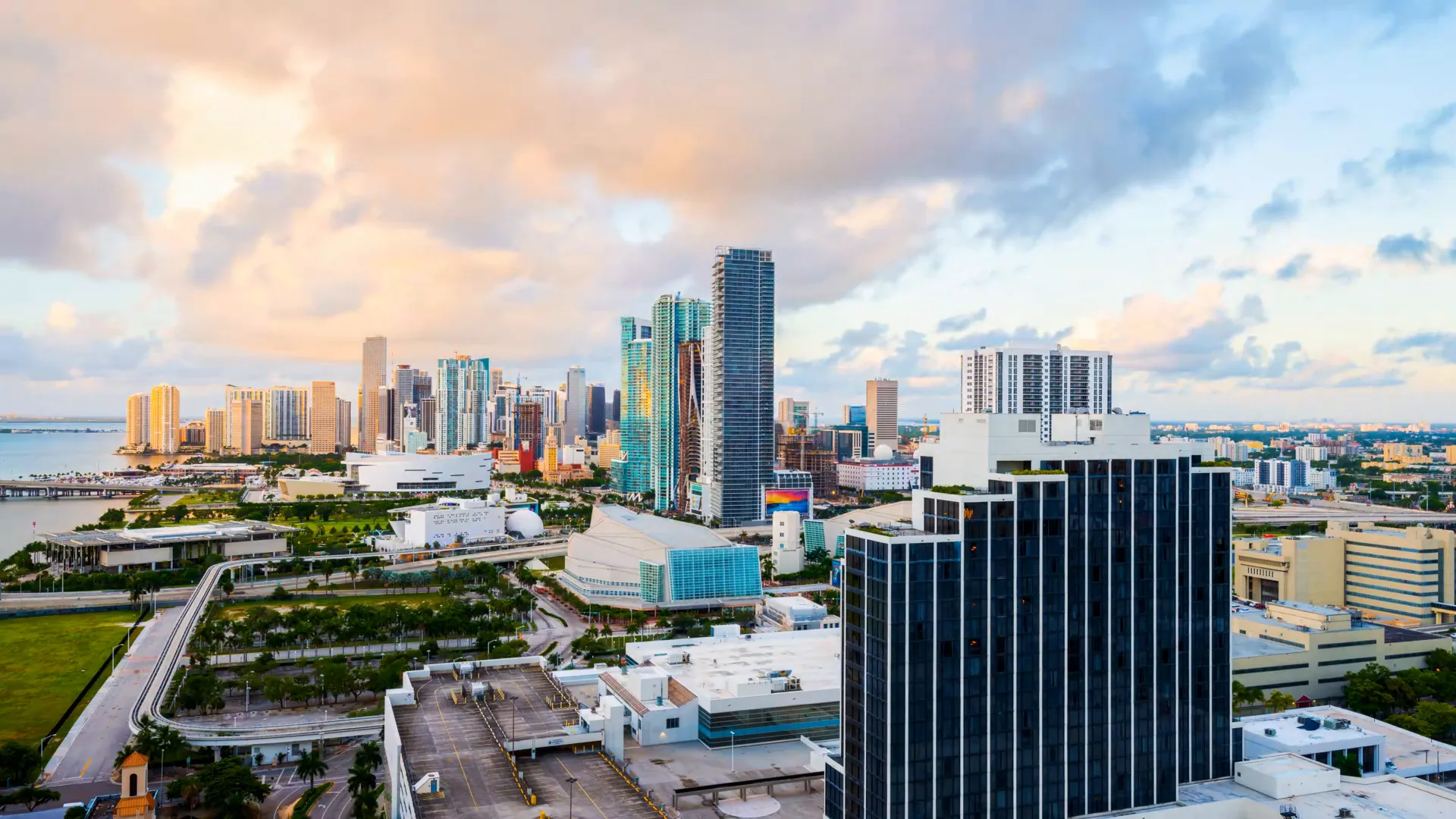
The changes in Florida’s condo laws are shaking up the real estate market significantly. Older condos, particularly those over 30 years old, are becoming harder to sell as prices drop due to buyer apprehension about potential repair costs. In contrast, newer condos are witnessing increased demand and rising prices, as buyers feel more secure purchasing properties that are less likely to require immediate repairs.
Governor DeSantis Steps In: What’s Being Done to Help?
With condo owners feeling the squeeze, you might be wondering: what’s actually being done to help? Governor Ron DeSantis knows these new laws are hitting condo owners hard, and he’s pushing for some changes to make things easier. In September 2024, DeSantis sat down with condo owners at a roundtable event in Miami Lakes to hear their stories. One of the big complaints? Those sky-high special assessment fees that are making it tough for people to stay in their homes.
Now, DeSantis is backing a few ideas that could ease the financial strain:
Extending Deadlines: One idea is to push back the December 2024 deadline for inspections and reserve funding. This would give condo associations more time to get things done without dumping huge bills on owners all at once.Low-Interest Loans: Another solution on the table is offering low- or even no-interest loans to condo associations or individual owners. These loans would help cover the cost of repairs and give people more time to pay things off, instead of getting hit with one big, nasty bill.
The Challenges Ahead: Special Session or Not?
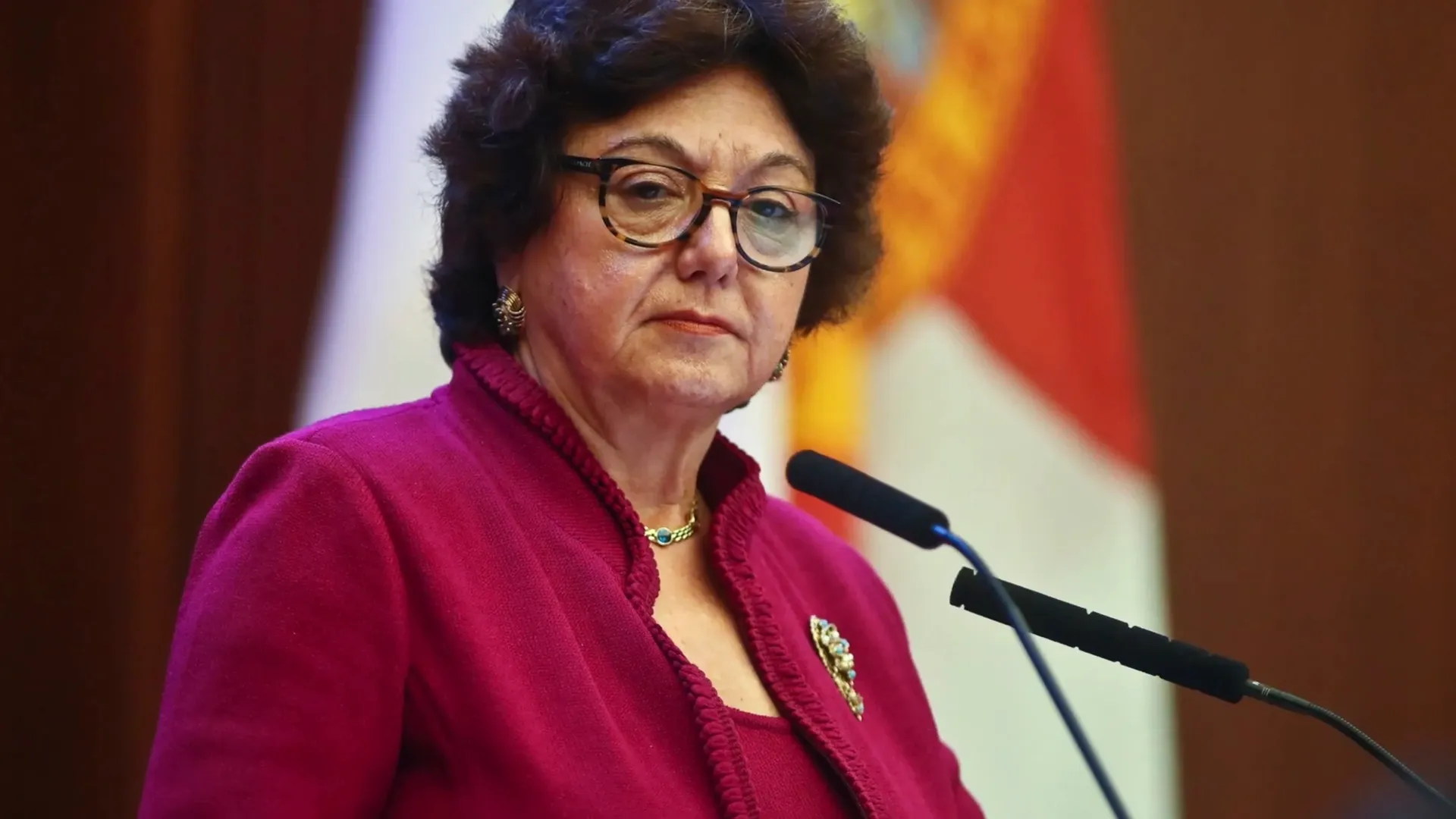
Despite some promising proposals on the table, not everyone is fully on board with addressing Florida's condo crisis just yet. Florida Senate President Kathleen Passidomo has voiced her opposition to calls for a special legislative session to tackle the issue. Instead, she believes that this matter should be handled during the regular session.
Passidomo argues that while the new rules and regulations may be tough for some, they are absolutely necessary to ensure the safety of buildings. She maintains that these laws are working but require careful review and input from all stakeholders—owners, associations, and lawmakers.
It's a tough situation. On one side, there are essential regulations designed to prevent another tragedy like the Surfside collapse. On the other side, condo owners are facing financial strain due to these new rules. Striking the right balance between safety and affordability will undoubtedly be a challenge, and finding a solution that works for everyone involved is no easy task.
What’s Next for Florida Condo Owners?
So, where does this leave us? What’s next for condo owners in Florida? Honestly, it’s hard to say exactly how things will play out. The next few months are going to be crucial as lawmakers, condo associations, and owners try to strike a balance between keeping buildings safe and ensuring they remain affordable to live in.
If you're a condo owner, it's essential to stay on top of things. Make sure you know where your building stands in terms of inspections and repairs, and be aware of any potential assessments coming your way. Staying informed is key to avoiding surprises down the line.
And if you're thinking about buying a condo, do your homework. Ask for inspection reports and take a thorough look at the financial health of the association before making any commitments. This due diligence can help you avoid costly issues in the future.
If you’re feeling uncertain or need some advice, don’t hesitate to give us a call. Whether you're navigating the new condo laws, facing tough decisions about your property, or just need expert guidance on the South Florida real estate market, we’re here to help. Our team is dedicated to ensuring you have all the information and support you need to protect your investment and find the best solutions. We’re just a phone call away!
We know this condo crisis is a big deal for many people, but staying informed is the best way to protect your investment and your home.
FAQ
What are the key changes in Florida's condo laws?
The key changes include mandatory structural milestone inspections for older buildings and requirements for condo associations to maintain adequate reserve funds for repairs.
How much can special assessments cost condo owners?
Special assessments can vary widely but can amount to tens of thousands or even hundreds of thousands of dollars depending on the necessary repairs.
What should I do if I own a condo in Florida?
Stay informed about your building's inspection and repair status, and be aware of any potential special assessments coming your way.
Is it a good time to buy a condo in Florida?
It depends on the property. Newer condos may offer more security against unexpected costs, while older condos may present risks related to potential repairs.
Understanding Florida’s new condo laws and their financial implications can be overwhelming, but you don’t have to face it alone. Whether you’re a current condo owner or planning to buy, I’m here to help you make informed decisions.
Let’s ensure your next move in Florida’s condo market is a confident one!
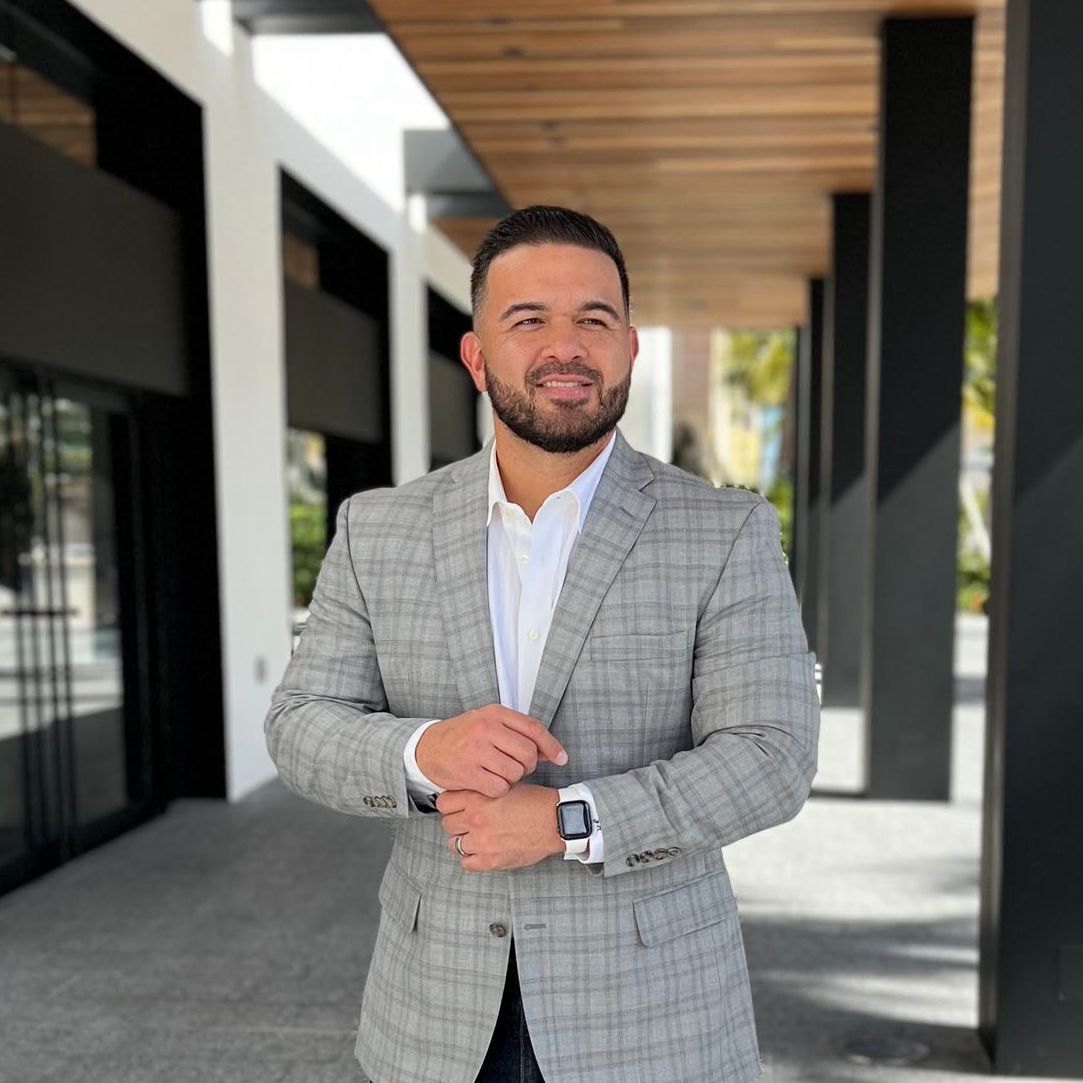
Jonathan Alexander creates educational YouTube content to guide potential buyers through the process of relocating to South Florida, offering insights on the best places to live and what to expect. As a seasoned Realtor®, he combines his expertise with a passion for helping clients make informed real estate decisions.


